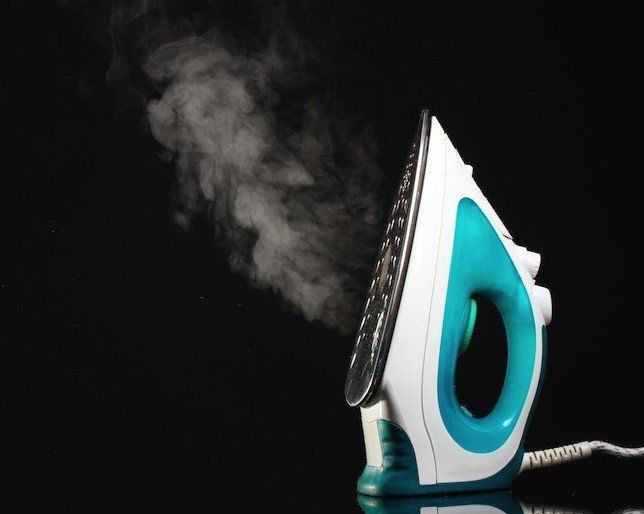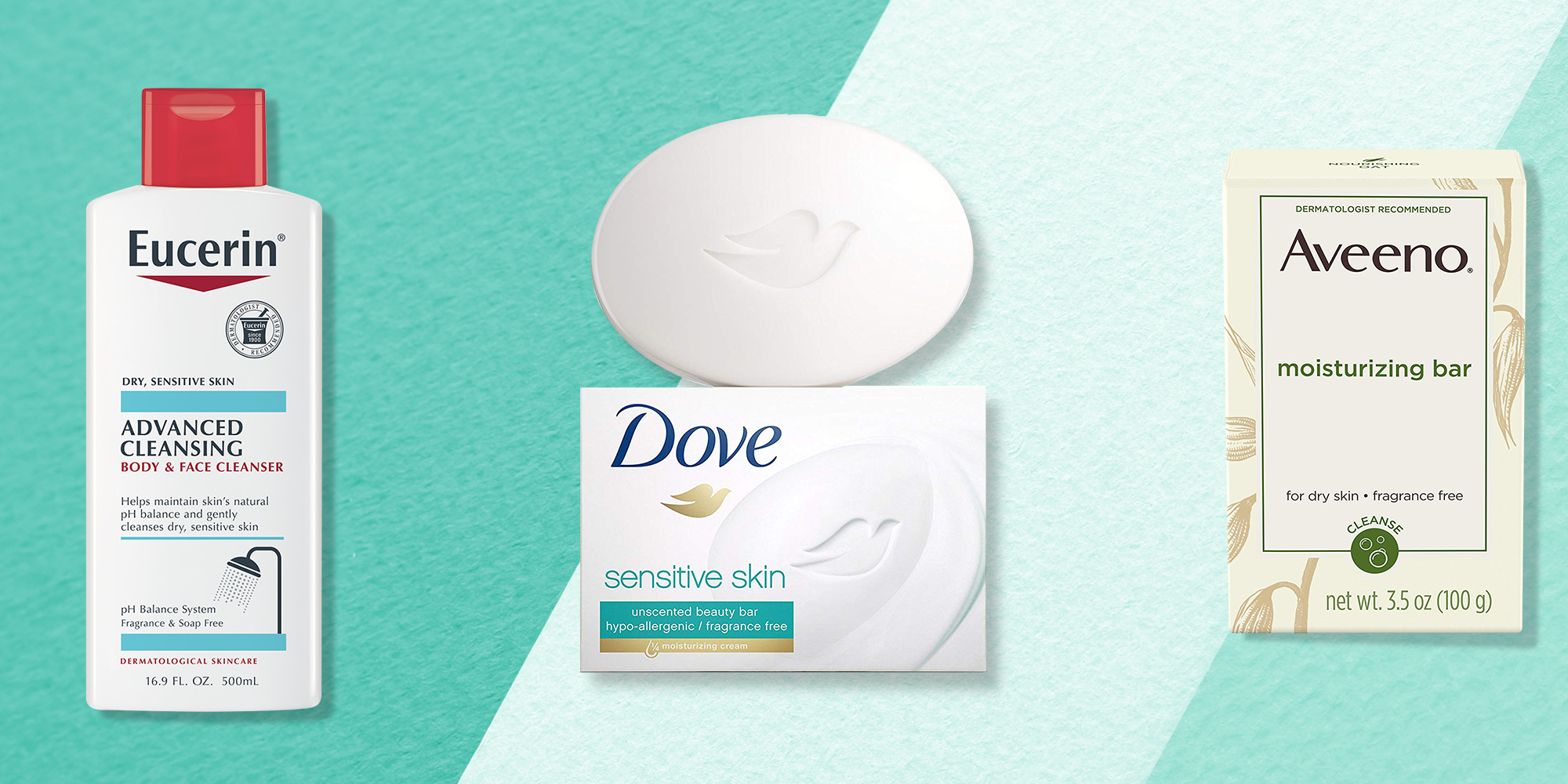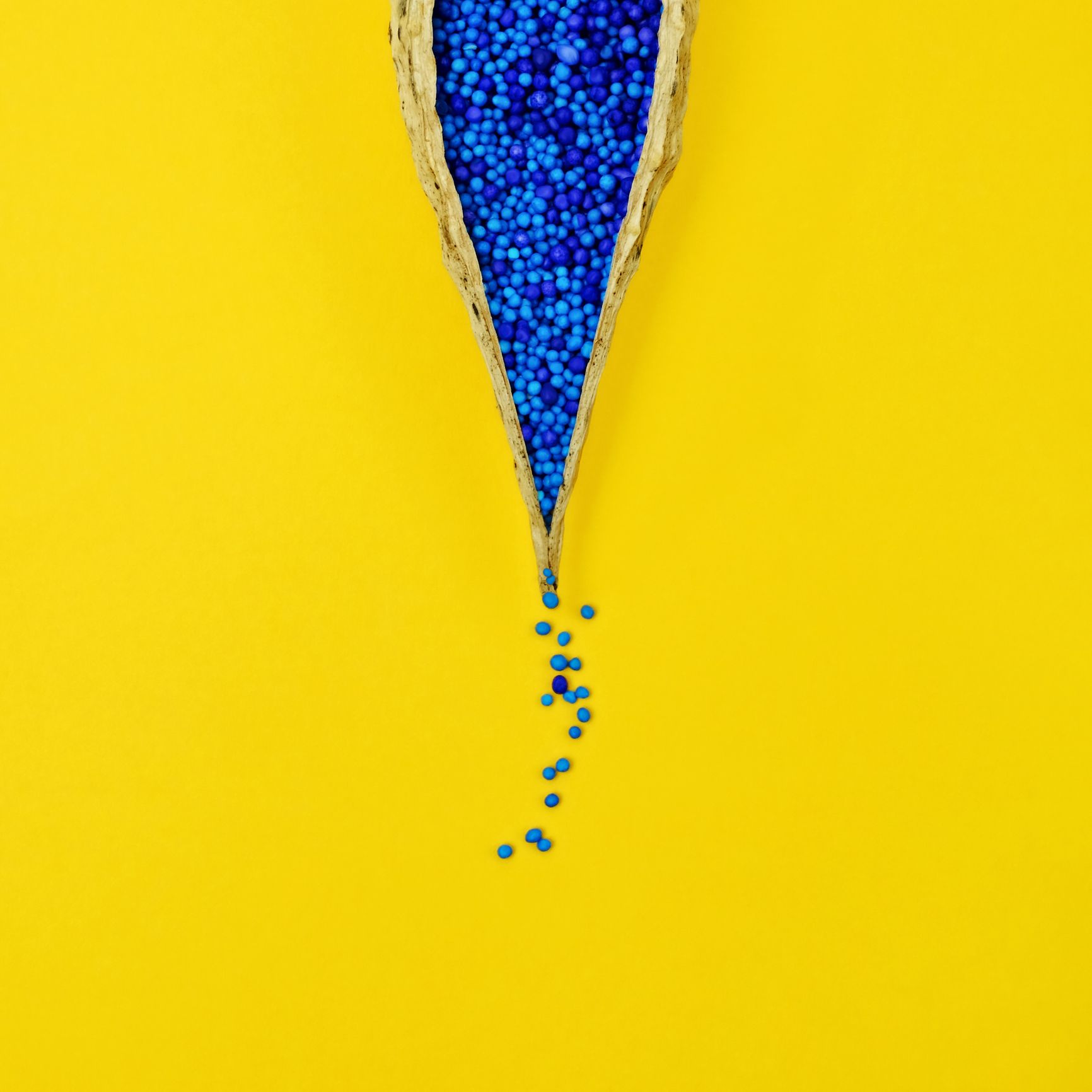We hate to break it to you, but you shouldn’t always listen to Gwyneth Paltrow and Chrissy Teigen—at least when it comes to v-steaming, aka yoni steaming. The celebs are famous fans of vaginal steaming. Sound odd? It kinda is. If you’re a little confused, think of it this way: It’s essentially a facial for your vulva.
Vagina steaming has gotten the Goop treatment in the past, putting it in the spotlight. And Chrissy Teigen posted a photo on Instagram that showed her squatting over some kind of contraption with a blanket draped over her knees. (She was also clutching a heating pad over her neck while wearing a face mask, FWIW.)

“Face mask / heat pad / vagina steam no I don’t know if any of this works but it can’t hurt right? *vagina dissolves*,” she wrote.
https://www.instagram.com/p/BkMVdN9HQGb/
A post shared by chrissy teigen (@chrissyteigen)
Oh, but Chrissy—it definitely can hurt. Spoiler alert: Your vagina isn’t a set of curtains that needs to be steam cleaned from time to time.

What is vagina steaming?
Yoni steaming entails sitting sans underwear on a chair with a hole in the middle, over a bowl containing steaming hot water infused with a blend of herbs, which are often mugwort (Gwyneth’s go-to), chamomile, basil, oregano and wormwood, to name a few. (Those wishing to work their quads can also simply squat over the bowl.) A session typically lasts around 20 minutes, but can last up to an hour, and the purported perks include everything from easing menstrual symptoms, stress, digestive issues, depression, hemorrhoids, headaches, fatigue, and pain to boosting fertility and healing post childbirth.
Sound too good to be true? That’s because it is. Between childbirth, your period, and sex, it’s quite an understatement to say your vagina goes through a lot, but that doesn’t mean a special spa day for it is the solution. Whether you try it at home or at a spa, the reality is that v-steaming has absolutely no scientific basis. Since your skin down there is super sensitive and delicate, it doesn’t take much to accidentally burn it. Plus, overheating your vagina could create an environment for bacteria to thrive in—hello, yeast infection. It’s even more important to avoid v-steaming during pregnancy, since some herbs may cause miscarriage.
Then there’s the whole thing about how the vagina literally cleans itself. A healthy vagina has bacteria that helps keep the vaginal pH at the right level, but disrupting this environment (through steaming, douching, etc.) can actually increase the risk of infection, according to women’s health expert Jennifer Wider, M.D.
So, I definitely shouldn’t try to steam my vagina, right?
Yeah, that’s a hard no. “Although this steaming has been used all over the world it makes no sense,” says Lynette J. Margesson, MD, FRCPC, Assistant Professor of Dermatology and Obstetrics and Gynecology at the Geisel School of Medicine at Dartmouth College. “Why would one do this? The steam almost never gets inside the vagina. Steaming would just affect the vulva and potentially scald the skin. Unfortunately, women mix up the vulva and vagina all the time. They, too frequently, are taught that the genital area is a taboo, dirty area—how sad!”

If you’re having cramps, Jessica Shepherd, M.D., a minimally invasive gynecologist at Baylor University Medical Center at Dallas, recommends taking an NSAID to help with the pain. A heating pad and exercise can also help, Wider says. If it doesn’t, and your cramps are beyond terrible (or you’re having them outside of your period), talk to your doctor. This could be a sign that you’re struggling with an underlying condition like endometriosis or adenomyosis, both of which need medical attention, says Shepherd.
And since you won’t be steam cleaning your nether parts, instead Dr. Margesson recommends keeping it simple and washing your vagina with hands only (no face cloths, scrubbers or antiseptics) using mild hypoallergenic cleansers, then patting the area dry. “Care for the genital area should always be gentle care,” she says. Bottom line: Save the facials for your face.
Source: Read Full Article
